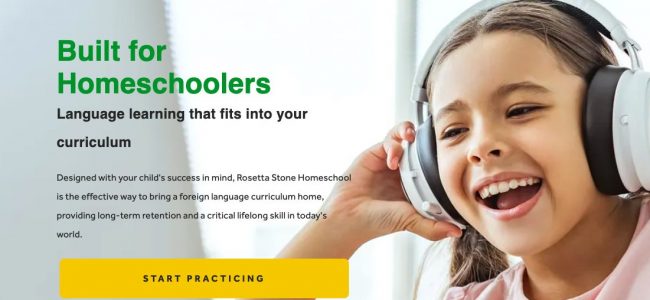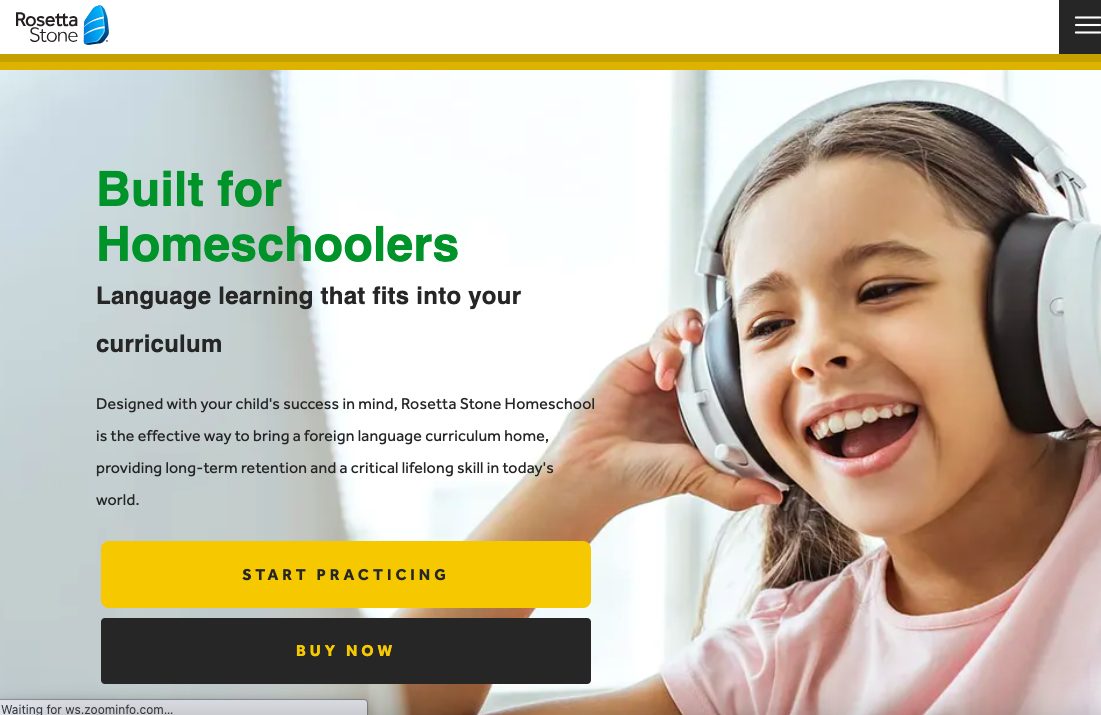
Homeschooling has become increasingly popular, and with it comes the need for high-quality educational resources. In this article, we’ll explore the best education and reference websites for homeschoolers, providing a comprehensive guide to help you find the perfect resources for your child’s learning journey.
From core subjects to enrichment activities and special needs, we’ll cover a wide range of websites to meet the diverse needs of homeschoolers. Each website will be described with its key features and target audience, empowering you to make informed decisions about your child’s education.
Public School Education
Public school education, provided by the government, plays a significant role in shaping the minds of young individuals and preparing them for their future endeavors. It offers both advantages and disadvantages that need to be carefully considered.
One of the main advantages of public school education is its accessibility. It is open to all students, regardless of their socioeconomic background, providing equal opportunities for education. Public schools also offer a wide range of programs and services, such as special education, extracurricular activities, and counseling, which can cater to the diverse needs of students.
Successful Public School Programs
There are numerous examples of successful public school programs that have demonstrated exceptional results in providing quality education. One such program is the International Baccalaureate (IB) program, which offers a rigorous curriculum and prepares students for higher education on a global scale.
Another notable program is the Advanced Placement (AP) program, which allows high school students to take college-level courses and earn college credit while still in high school. These programs provide students with a competitive edge and prepare them for success in higher education.
Role of Public Schools in Society
Public schools play a crucial role in society by providing not only academic education but also essential social and civic skills. They serve as a melting pot where students from diverse backgrounds interact, learn to collaborate, and develop a sense of community.
Public schools also promote civic engagement by teaching students about their rights and responsibilities as citizens. They provide opportunities for students to participate in extracurricular activities, such as student government and community service, which foster leadership skills and a sense of social responsibility.
Online Education
Online education, a form of distance learning, has revolutionized the traditional education system by delivering educational content over the internet. It offers flexibility, convenience, and accessibility to learners regardless of their geographical location or time constraints.
Benefits of Online Education
- Flexibility:Online education allows learners to study at their own pace and schedule, making it ideal for those with busy schedules or who live in remote areas.
- Convenience:Students can access course materials and attend virtual classes from anywhere with an internet connection, eliminating the need for physical commutes.
- Accessibility:Online education opens up opportunities for individuals who may not have access to traditional educational institutions due to geographical barriers, disabilities, or other circumstances.
- Affordability:In some cases, online education can be more cost-effective than traditional education, as it often eliminates the need for transportation, parking, and other expenses.
Challenges of Online Education
- Lack of Social Interaction:Online education can be isolating, as learners may miss out on the social interactions and peer support that come with face-to-face classes.
- Technical Issues:Internet connectivity issues, hardware problems, or software glitches can disrupt the learning process and create frustration.
- Self-Discipline:Online education requires a high level of self-discipline and motivation, as learners must manage their time effectively and stay focused without the structure of a traditional classroom.
- Accreditation and Recognition:Not all online education programs are accredited or recognized by traditional educational institutions, which can impact the value of the credentials obtained.
Comparison of Online Education Platforms
Various online education platforms offer different features and approaches to learning. Some popular platforms include:
- Coursera:Offers massive open online courses (MOOCs) from top universities and organizations, with a focus on professional development and skill acquisition.
- edX:Similar to Coursera, edX provides MOOCs from leading universities and institutions, emphasizing hands-on learning and practical applications.
- Udemy:A platform that hosts a wide range of courses on various topics, including technical skills, creative arts, and personal development.
- Skillshare:Focuses on creative and lifestyle skills, offering online classes in areas such as design, photography, writing, and cooking.
- Khan Academy:A non-profit organization providing free online courses and resources for K-12 students and adults, covering subjects like math, science, history, and more.
Future of Online Education
The future of online education is expected to see continued growth and innovation, with emerging technologies and pedagogical approaches enhancing the learning experience. Some trends to watch for include:
- Personalized Learning:Online platforms will increasingly use artificial intelligence (AI) and data analytics to personalize learning paths and provide tailored content to each student.
- Virtual and Augmented Reality (VR/AR):VR/AR technologies will enhance online learning by creating immersive and interactive experiences that simulate real-world scenarios.
- Microcredentials and Stackable Credentials:Online education will play a growing role in providing microcredentials and stackable credentials that allow learners to acquire specific skills and knowledge in a flexible and modular manner.
- Collaboration and Social Learning:Online platforms will continue to develop features that foster collaboration and social learning among students, reducing the isolation associated with online education.
Ultimate Conclusion

The websites listed in this guide provide a wealth of educational resources and support for homeschoolers. By utilizing these resources, you can create a well-rounded and engaging learning environment for your child. Remember to explore each website thoroughly to find the ones that best fit your child’s learning style and interests.
Popular Questions
What are the benefits of using educational websites for homeschooling?
Educational websites offer a wide range of benefits for homeschoolers, including access to high-quality educational content, interactive learning experiences, and the ability to learn at your own pace.
How do I choose the best educational websites for my child?
When choosing educational websites for your child, consider their age, learning style, and interests. Read reviews from other homeschoolers and educators to find websites that are reputable and effective.
Are there any free educational websites available?
Yes, there are many free educational websites available. Some popular options include Khan Academy, Coursera, and edX.